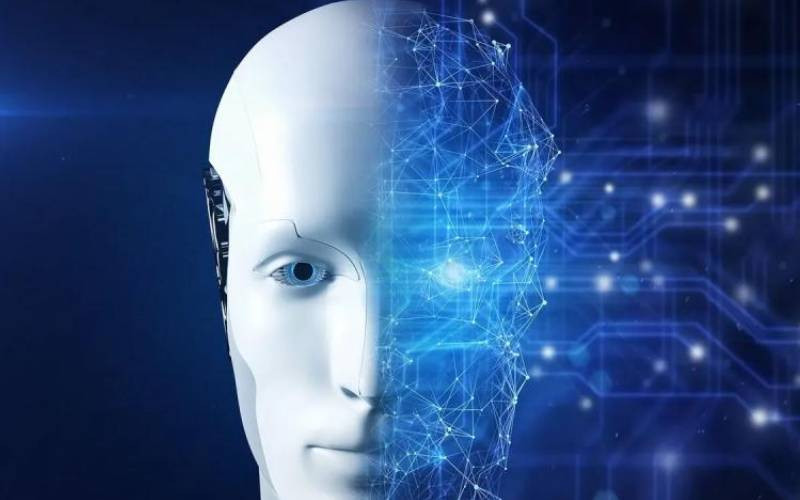
President Ruto's speech during the 60th Madaraka Day celebrations in Embu was as usual notable for soaring oratory and compelling stage presence. Its climax was the exhortation that we should "deploy the best innovations and technologies to make Kenya efficient, competitive and prosperous."
The plant ecologist-cum-president's outstanding expressiveness could have served him well in another life as a stage personality. It also smashes for us in the sciences the condescending notion that we are a humourless bunch who struggle hopelessly with elocution. As Robert Mugabe once was to Zimbabwe, Kenya might soon claim the world's most eloquent president in Dr Ruto.